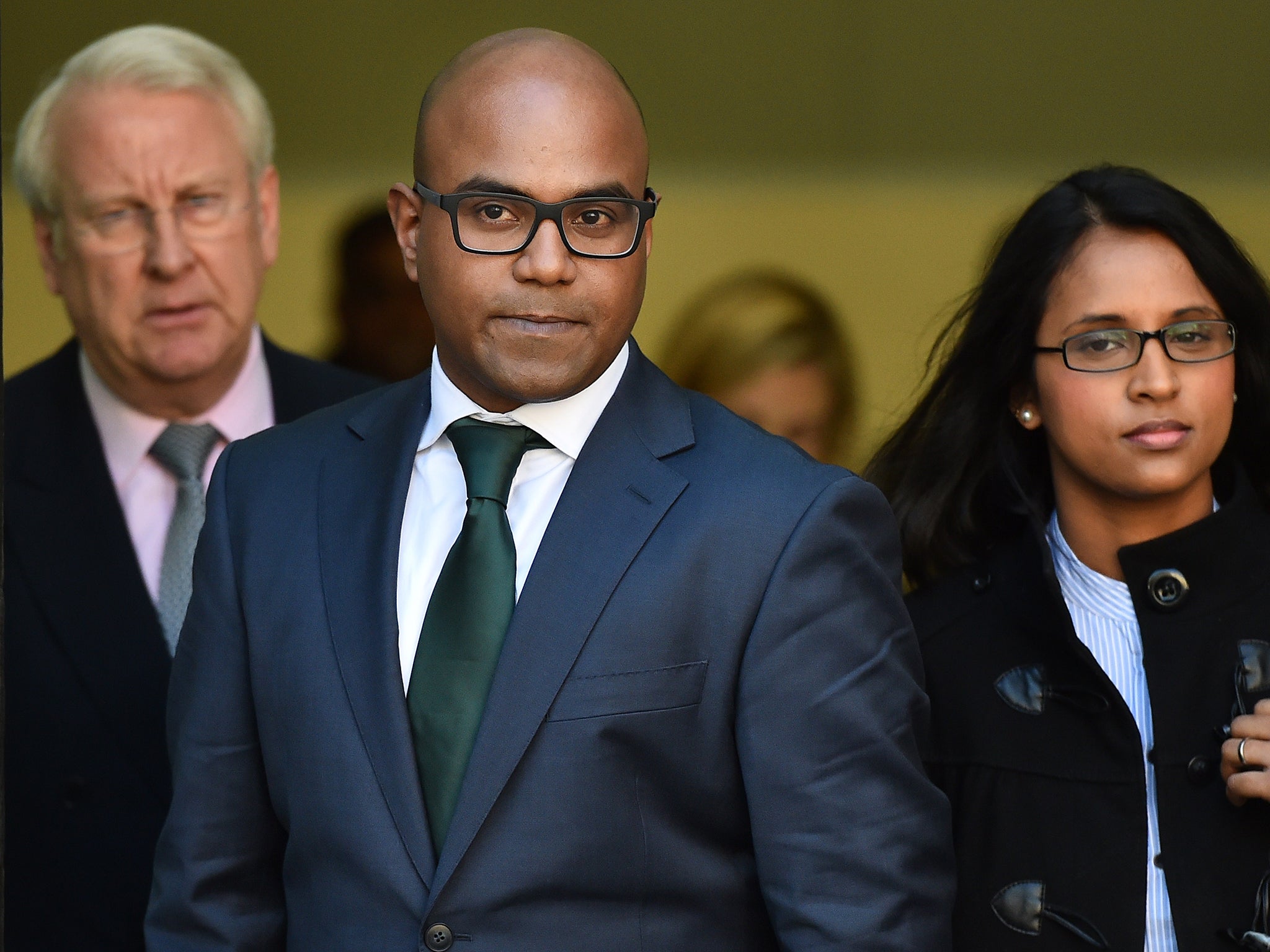FGM trial: A doctor’s career stalled for the sake of politics, not the welfare of women
The DPP has some explaining to do

Your support helps us to tell the story
From reproductive rights to climate change to Big Tech, The Independent is on the ground when the story is developing. Whether it's investigating the financials of Elon Musk's pro-Trump PAC or producing our latest documentary, 'The A Word', which shines a light on the American women fighting for reproductive rights, we know how important it is to parse out the facts from the messaging.
At such a critical moment in US history, we need reporters on the ground. Your donation allows us to keep sending journalists to speak to both sides of the story.
The Independent is trusted by Americans across the entire political spectrum. And unlike many other quality news outlets, we choose not to lock Americans out of our reporting and analysis with paywalls. We believe quality journalism should be available to everyone, paid for by those who can afford it.
Your support makes all the difference.This was a disgraceful prosecution that should never have been brought. A young doctor has been suspended from the medical register for almost a year, subjected to death threats and still faces an investigation by the General Medical Council.
Worse, the failure of the prosecution – the first to be brought since FGM was outlawed in the UK in 1985 – has delivered a grievous blow to the drive against the practice to which hundreds of thousands of women are still subjected each year.
The Independent was the first to report concerns about the case among gynaecologists after it was announced last March. They accused the Director of Public Prosecutions, Alison Saunders, of putting politics before the welfare of women by taking the historic decision days before she was due to appear before the Home Affairs Select Committee which was investigating FGM.
Ms Saunders had been under intense pressure to explain why there had been no prosecutions in Britain despite 140 referrals to police in the previous four years. The gynaecologists suspected she “needed something to say” and 21 of them wrote an open letter attacking the decision claiming it “distracts us from the real issues.”
There was never any dispute that the woman in the case had undergone FGM as a child in Africa of a kind known as Type 3 in which part of the labia are sewn together. Her labia were separated at her first ante-natal appointment but in this case there was still a band of scar tissue present when she went in to labour, which had apparently formed during the healing process.
The accused, Dr Dhanuson Dharmasena, had to cut the band of scar tissue to assist the birth of the baby. Afterwards he had to repair it to halt the bleeding. The issue for the jury was whether the single figure of eight stitch he used amounted to FGM.
The technicalities of the case may be complex. But anyone can see this is a world away from the practice of removing young girls’ clitorises with a razor blade.
As a landmark case intended to serve as a warning to FGM practitioners everywhere it was ridiculous. Even the woman at the centre of the case did not support the prosecution.
Hardly surprising, then, that Dr Dharmasena’s lawyers claimed he had been made a scapegoat. Alison Saunders has some explaining to do.
Jeremy Laurance is a former Health Editor of ‘The Independent’
Join our commenting forum
Join thought-provoking conversations, follow other Independent readers and see their replies
Comments